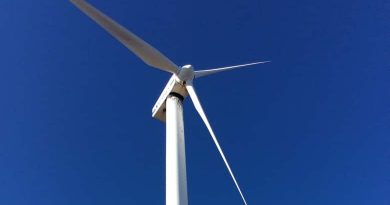New report promotes equitable research in Northern Canada
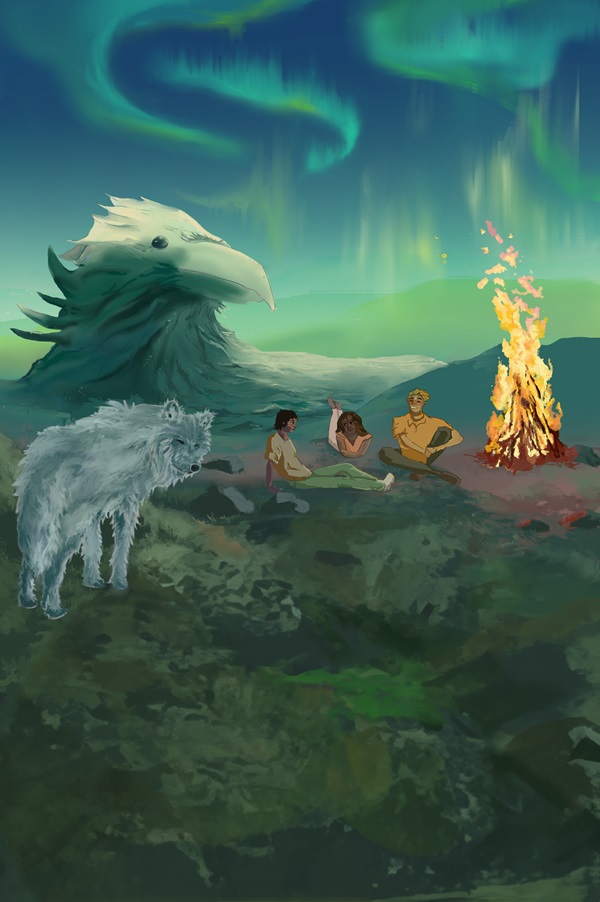
The Council of Canadian Academies published on Monday a new report on the best practices for conducting scientific research in Northern Canada.
Titled “Northern Research Leadership and Equity”, the report lays the basis for research that would be representative of the reality in the Arctic. One of the main goals of the document is to find ways to make sure Indigenous voices of the North are taken into consideration. This can be accomplished in part by changing the paradigm of who leads the research.
The authors of the report are members of an international panel of researchers who either come from Arctic regions or have extensive knowledge on those parts of the world. They based themselves on documents such as the United Nations Declaration on the Rights of Indigenous Peoples and the Final Report of Canada’s Truth & Reconciliation Commission.
They had to answer the following question : “Based on assessment of current knowledge and evidence, what are the key foundational elements to create an inclusive, collaborative, effective, and world-class Arctic and northern science system in Canada?” (Excerpt from the Northern Research Leadership and Equity report)
Through several meetings they were able to share their different visions of what research in Northern Canada should be.
The two chairs of the Panel were Ashlee Cunsolo the Founding Dean of the School of Arctic and Subarctic Studies at the Labrador Campus of Memorial University and Karla Jessen Williamson an Inuk scholar and Associate Professor of Educational Foundations at the University of Saskatchewan. They share the work they accomplished for the report at the ArcticNet Annual Scientific Meeting 2023 happening in Iqaluit, Nunavut this week.
During an interview with Eye on the Arctic, they shared the motivations behind this report.
For Karla Jessen Williamson, pursuing research that is valuable for Northern communities is about rethinking the whole definition of what is research.
“Early on we decided that to use the words ‘research’ and ‘research activities’ and to recognize the fact that when we use these terms, […] it is very much then the tool to denote the activities within Western scientific tradition. […] And we very quickly agreed that this kind of research is just one way of knowing, because there are so many different kinds of knowledge systems.”
Therefore, the Panel reflected on ways to include Indigenous knowledge into research.
We wanted to make sure that there’s an understanding of the fact that these Indigenous Knowledge Systems have not been served well in these research activities. – Karla Jessen Williamson
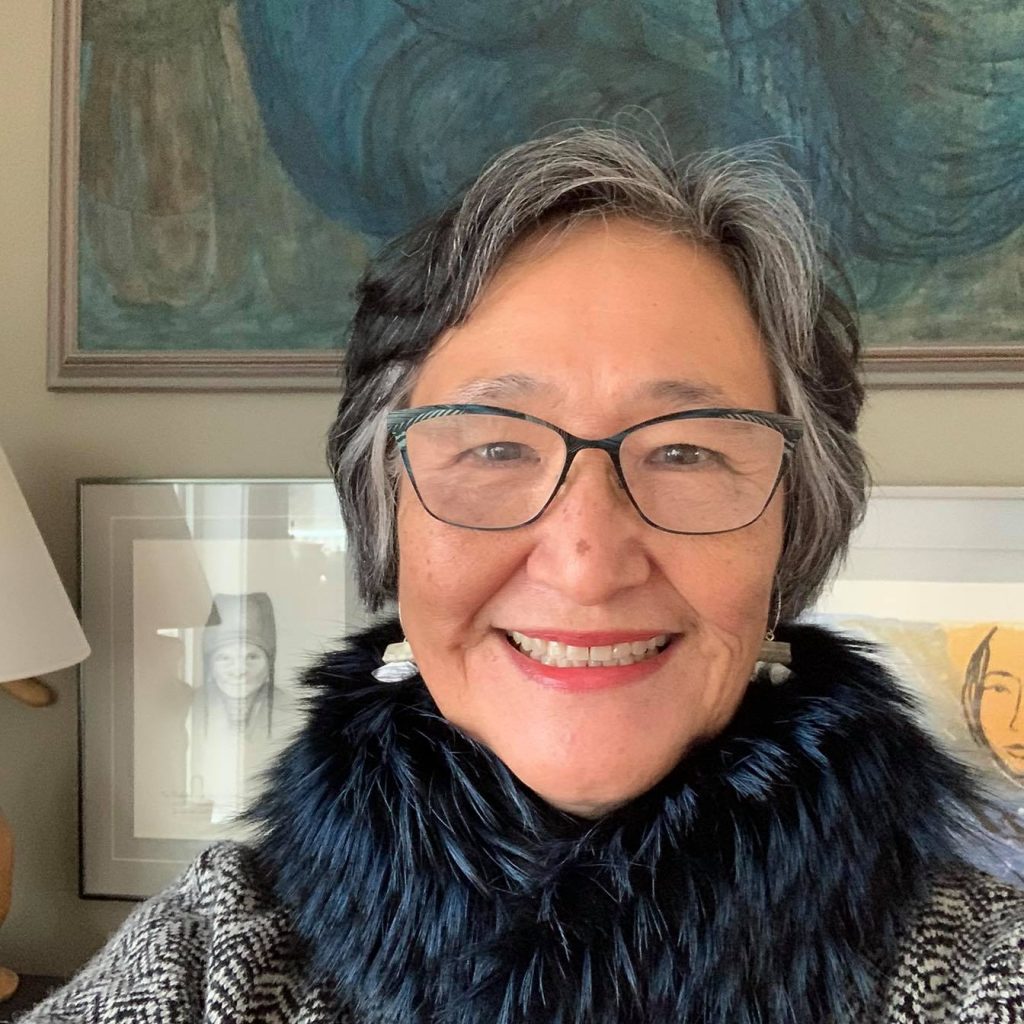
Ashlee Cunsolo described the work around the report as “a very lengthy process of us coming together and try to answer the questions around how do we create a world-class inclusive equitable Arctic research system, and what it would look like, and how we do that together.”
To accomplish that they had to look at Canada’s Arctic research tradition.
“So many of the questions have been driven by the South and driven by what the South wants to know about the North, but that isn’t necessarily what the North wanted to know about the North,” Cunsolo explained.
Four axes for research
“To do research in a good way is to acknowledge that colonialism has long existed in the systems and structures of what is now known as Canada, as well as the fact that these realities persist today,” the report reads.
The Northern Research Leadership and Equity report’s authors identified four main axes for conducting better research in the North :
- Justice, which furthers Indigenous Peoples’ right to research leadership and self-determination.
- Cultural security for Indigenous Peoples, their knowledge systems, and their data.
- Accessibility in all areas, including processes and outputs at the community and decision-making levels.
- Accountability to Northern Indigenous Peoples, rooted in responsibility and reciprocity. (Excerpts from the Northern Research Leadership and Equity report)
The report itself is translated in Dene, Inuktitut, and Tlicho, three northern languages. For Cunsolo, translation is a way to make work more accessible, but many other strategies can also be used .
“How do you take these diverse knowledge systems together and get the information to people who need it in a way that makes sense to how they connect with the world ?” she said.
“It can’t just be an academic article, that’s not enough,” continued the researcher based in Labrador. According to her “films and photographs and stories and plays” could be other ways of sharing work.
The authors of the report also believe specific actions could be taken to improve research in the Arctic. These include adapted and increased funding for research in Northern Canada in order to allow communities to pursue projects that are valuable to them.
It actually needs to be a true partnership where people are on equal and equitable footing. – Ashlee Cunsolo
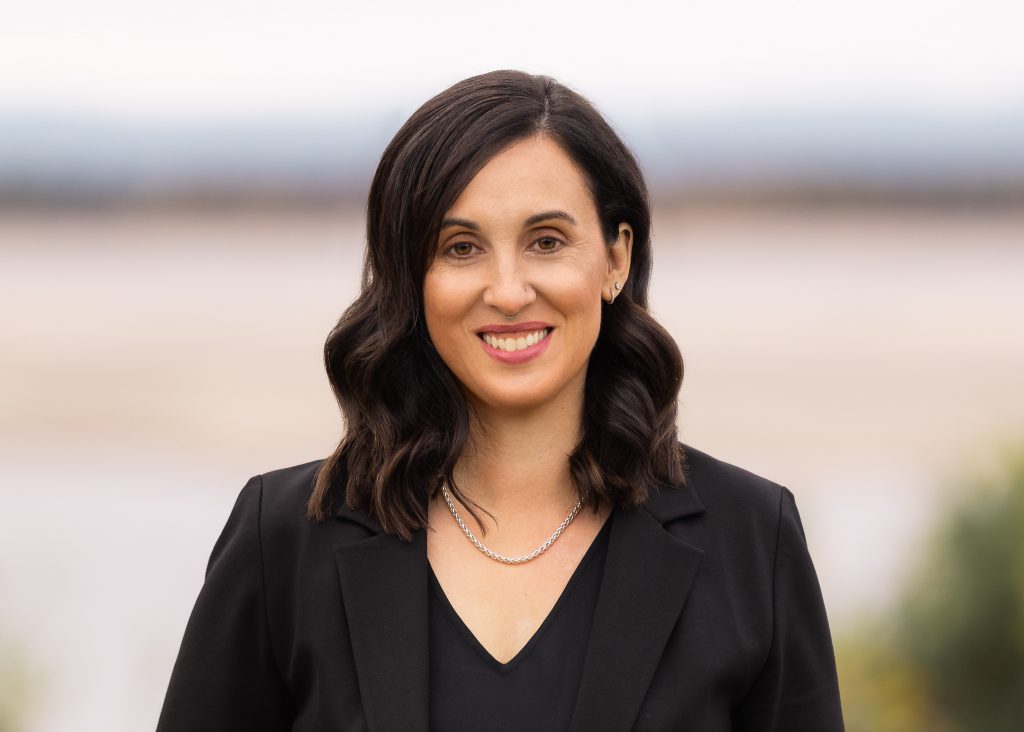
For Jessen Williamson, it is about including more holistic ways of knowing into the research.
“Where is the Land? How do we look after the Land that just needs to renew itself ? How do we look after the animals ? These are not at all taken into consideration as far as the research activities are concerned,” she said.
Including Indigenous Knowledge into research
“Before engaging in Arctic and Northern research, it is imperative that all researchers take it upon themselves to develop an understanding of the histories, realities, and contexts of Indigenous Peoples in the Arctic and North, with particular focus on those that may be directly or indirectly impacted by proposed research,” the report reads.
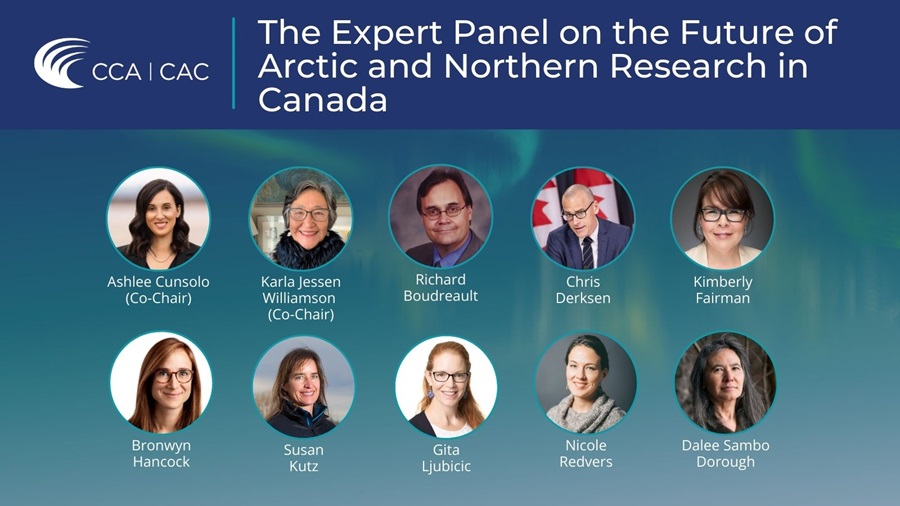
For Jessen Williamson, the report could be an example to follow for other countries around the globe. However, it also highlights all the work ahead to be able to pursue equitable research in Northern Canada. She recognizes that the report’s conclusions are surprising to some people. “It becomes really blinding for people to realize that research has nothing to do with Truth and Reconciliation,” she said.
According to her, the next step for Arctic research would be the creation of a university dedicated to Indigenous people of the North.
“Access to education is so fundamental to being able to change over the systems. So a university that would be Inuit-led and Indigenous-led in the North to give people that access would be a major transformational change, ” Cunsolo added.
Related stories from around the North :
Canada : Hard hit by climate change, Indigenous leaders want strong voice at COP28, CBC News
Finland : Finland prolongs Sami Truth and Reconciliation Commission through 2025, Eye on the Arctic
Iceland : Climate, integration & Arctic among priorities in Iceland’s Nordic Council of Ministers program, Eye on the Arctic
Sweden : Abuse and shame the legacies of Sweden’s old assimilation polices: report, Radio Sweden

